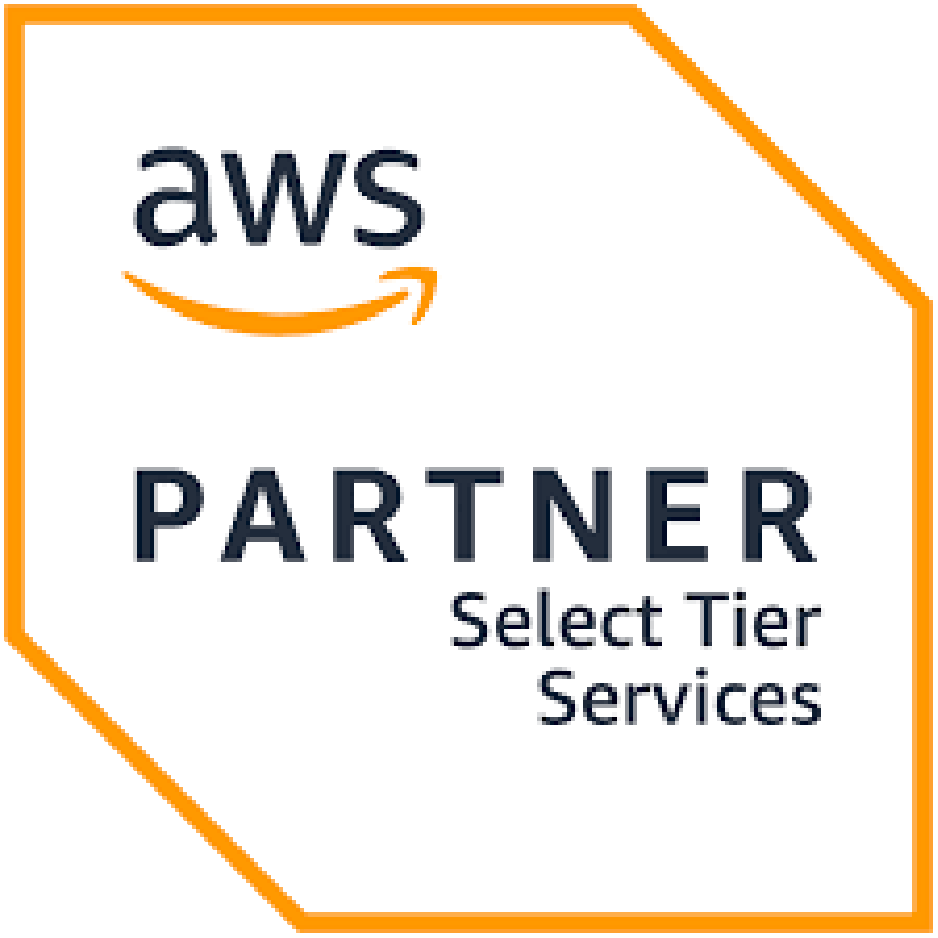What’s a CRM — and Why Would You Need a Custom One?
Let’s start with the basics. CRM stands for Customer Relationship Management — but it’s not just about keeping a list of names and phone numbers.
A CRM is a tool (or more often, a whole system) designed to help you manage relationships, track interactions, follow up on tasks, and keep your team on the same page when it comes to clients, stakeholders, and community contacts.
Sounds simple, right? But that’s where things can get messy.
What Off-the-Shelf CRMs Do (and Don’t Do)
There are plenty of out-of-the-box CRMs on the market. Some are huge, complex platforms with more features than you’ll ever use. Others are light and affordable — but too rigid to flex around how you actually work.
The common issues we hear:
- “We’re not a sales team — it doesn’t make sense for how we work.”
- “We can’t track the info we actually need.”
- “It’s become a glorified address book no one uses properly.”
- “We’re paying for features we don’t even use.”
In short, off-the-shelf CRMs can feel like trying to force a square peg into a round hole.
Why a Custom CRM Might Be the Better Fit
At HutSix, we build custom CRMs that are designed around your team, your workflows, and your goals. No fluff. No wasted clicks.
Just a system that helps you:
- Track the right info: Whether it’s community engagement, service delivery, funding milestones, or incident follow-ups — you get fields and data that actually matter to
your work.
- Streamline your processes: Automate the admin. Set reminders. Trigger tasks. Keep everyone in the loop without chasing people around.
- See what’s going on: Dashboards, reports, and visual tools that give you instant visibility — no spreadsheets needed.
- Work across teams: From front-line workers to managers and finance, everyone sees what they need, when they need it.
- Link to your other systems: Need it to talk to Xero, SharePoint, or your existing registers? No problem.
Not Just for “Customers”
Don’t be fooled by the name — CRMs aren’t just for traditional “customers”.
They’re just as useful for managing:
- Clients and service users
- Volunteers and stakeholders
- Community members
- Partners, donors, or funding bodies
- Internal teams and task tracking
If you’re still managing relationships across shared inboxes, Excel files, or notepads, there’s a better way. One that gives your team a clear view of what’s happening and helps you deliver better outcomes with less faffing about.
TL;DR
A CRM helps you manage relationships, track interactions, and stay organised. A custom CRM helps you do all of that your way — no workarounds, no wasted features, and no more “we’ll fix it later” spreadsheets.
Want to chat about what a custom CRM could look like for your team?
We’re here to make it make sense — and make it work.



